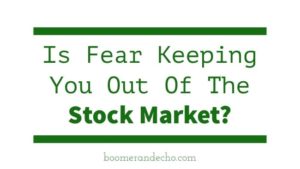 By Rachel Megitt, Vice President,
By Rachel Megitt, Vice President,
Term Investments & Savings, RBC
(Sponsor Content)
If you’re looking to grow your money, the future looks a lot different than it did even a few months ago, given the current volatility in the markets and intensifying inflation.
We often hear the adage “big risk equals big reward,” but what if you want the reward but aren’t comfortable taking the risk? This is where a new twist on a traditional investment is proving to be a powerful option: equity-linked GICs (Guaranteed Investment Certificates).
In the summer of 2021, we shook up our product line-up and added two new equity-linked GICs that also represented RBC firsts and proudly shared the news, including in a Findependence blog.
New GICs with an equity twist
Within the first six months, we saw client enthusiasm about these two new “GICs with an equity twist” surge well beyond our expectations. Our clients have been clamouring for these GIC options and we believe this reflects the overall desire of Canadian investors to tap into what equity-linked GICs provide: the appealing combination of a guarantee for their initial investment, plus the higher return potential that comes with an equity investment.
While we knew we had created two truly compelling and competitive GICs, we never imagined how strongly these new GICs would resonate across the country. The buzz surrounding these equity-linked options is helping reshape investment conversations in Canada. These GICs offer investors who are reluctant to buy individual equities the opportunity to step into the world of equity investing at both a pace and level of risk they are comfortable with. Continue Reading…





